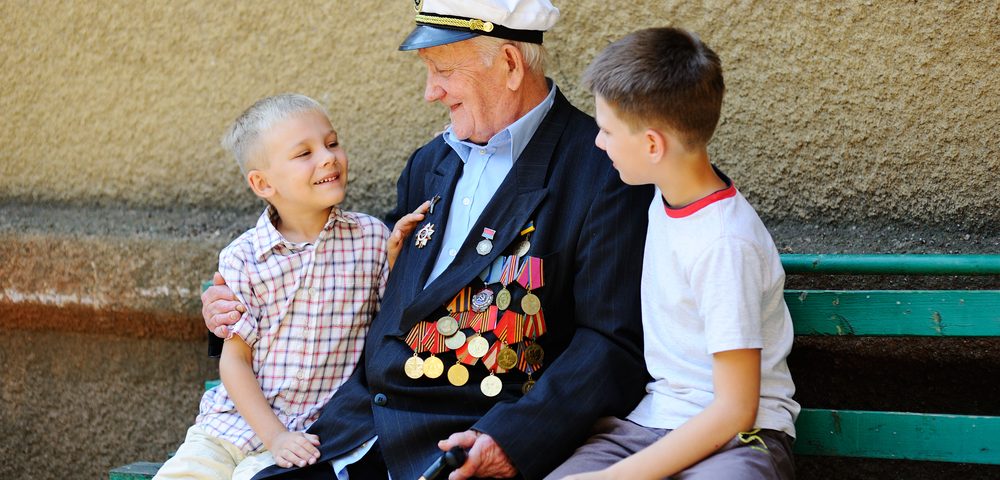British veterans living in Scotland are at no greater risk of lymphoma or leukemia than the general population, a finding that offers reassurance that military service is not associated with increased risk of blood cancers, according to a study.
The research, “Lymphohaematopoietic malignancies in Scottish military veterans: Retrospective cohort study of 57,000 veterans and 173,000 non-veterans,” was published in Cancer Epidemiology.
“Concerns have been expressed that occupational exposures, especially to ionising radiation, fuels, and electromagnetic fields, may result in increased risk in military personnel,” Beverly P. Bergman and colleagues at the University of Glasgow’s Institute of Health and Wellbeing and colleagues wrote.
While the United Kingdom makes disability pensions available to veterans who were at nuclear tests and developed leukemia, few studies have demonstrated that veterans are at increased risk of developing blood diseases.
“Overall, formal epidemiological evidence has provided a conflicting picture, with most studies reporting no increased risk associated with either radiation, or exposure to electromagnetic fields in military personnel,” the researchers wrote.
To assess if veterans were at increased risk, Bergman’s team examined the Scottish Veterans Health Study. The retrospective cohort study involved 56,570 veterans living in Scotland who were born between 1945 and 1985. The study included a comparison group of 172,753 individuals with no record of service matched 3:1 for age, sex, and area of residence.
Veterans in the study had served between 1960 and 2012 and covered a wide range of occupations. Bergman’s research team found no difference between veterans and non-veterans in incidence of leukemia, Hodgkin’s lymphoma, and non-Hodgkin lymphoma in over 30 years of follow-up.
The study had limitations, including some subjects leaving Scotland during follow-up, and lack of data prior to 1981. Nonetheless, researchers believed that the huge cohort covering the whole of Scotland with 30 years follow-up made it a strong study.
“This is an important study which provides reassurance that military service in the last 50 years does not increase people’s risk of leukaemia overall,” Bergman said in a press release. “The Armed Forces comply with all relevant Health and Safety legislation and regulations, and we can now see that their risk is no different from the general population.”


